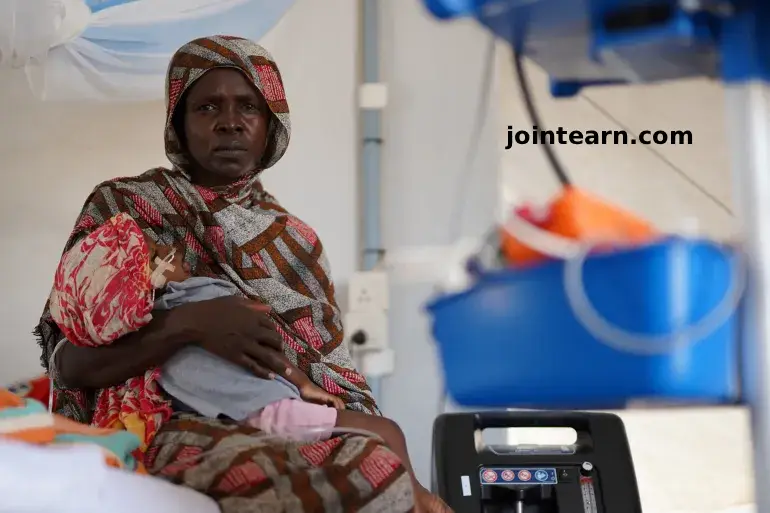
The United Nations has called for an urgent ceasefire and the establishment of a humanitarian corridor to assist tens of thousands of civilians trapped in el-Fasher, the capital of Sudan’s North Darfur state, which was captured by the paramilitary Rapid Support Forces (RSF) last month.
Amy Pope, Director-General of the International Organization for Migration (IOM), emphasized the immediate need to provide aid, stating, “The primary concern is getting access to the residents who have been largely cut off from humanitarian services and assistance in el-Fasher.”
Dire Humanitarian Situation in El-Fasher
The ongoing conflict between the RSF and the Sudanese Armed Forces (SAF), which has continued since April 2023, has left civilians in el-Fasher facing extreme danger. Human rights organizations have accused the RSF of committing widespread massacres in its October 26 takeover of the city.
While thousands remain trapped in el-Fasher, nearly 90,000 civilians have fled the city since the RSF’s capture, according to the latest IOM figures. Displaced families have reported witnessing dead bodies, creating makeshift trenches to avoid gunfire, and suffering sexual trauma and abuse during their escape.
Amy Pope stressed, “When humanitarian actors are themselves at risk—killed, shot, or detained—we cannot get the people what they need to survive. The primary issue is ensuring a ceasefire and a humanitarian corridor so that aid groups can reach those caught in the middle.”
Aid Efforts on the Brink
The IOM warned that humanitarian operations in North Darfur are “on the brink of collapse” due to escalating violence and a lack of funding. Warehouse supplies are nearly depleted, aid convoys face constant insecurity, and access restrictions are preventing adequate delivery of assistance.
Fighting has spread beyond el-Fasher, with nearly 39,000 people fleeing intense clashes in North Kordofan between October 26 and November 9, according to the IOM. The agency highlighted that humanitarian access remains severely restricted, leaving vulnerable populations without basic necessities, including food, clean water, and medical care.
Sexual Violence and Gender-Based Threats
The UN Women regional director for East and Southern Africa, Anna Mutavati, highlighted that women and girls fleeing el-Fasher face high risks of sexual violence in displacement camps. “Every step they take—fetching water, collecting firewood, standing in food lines—carries a high risk of sexual violence,” Mutavati said.
Mounting evidence suggests that rape is being used systematically as a weapon of war in Sudan. Mutavati described the situation starkly: “Women’s bodies … have just become a crime scene in Sudan.”
International Call to Action
The UN and its humanitarian partners are urging both the RSF and SAF to implement an immediate ceasefire and allow safe passage for aid convoys. Without swift action, tens of thousands of civilians will remain trapped in dangerous conditions, while humanitarian operations risk total collapse.
Amy Pope concluded, “The stories coming out of el-Fasher are harrowing and are unfolding even as we speak. The international community must act to prevent further loss of life and human suffering.”


Leave a Reply